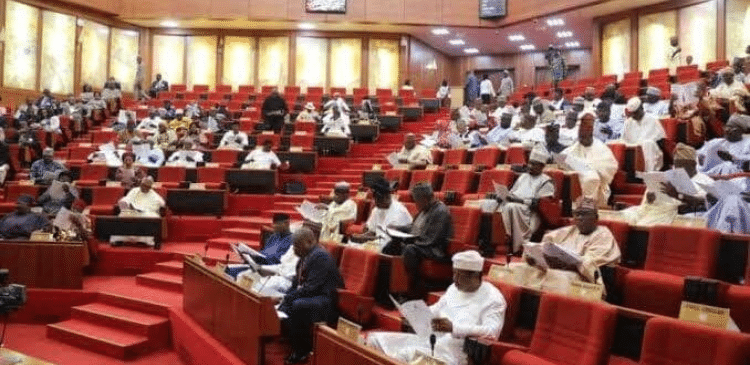As the Nigerian Senate prepares to reconvene on Tuesday, May 6, 2025, it has outlined a robust legislative agenda aimed at addressing key national issues, with a particular focus on the political crisis in Rivers State.
In a statement by Senate Leader, Senator Opeyemi Bamidele, the upper legislative chamber announced its readiness to collaborate with the Executive to resolve ongoing socio-political tensions across the country.
The Senate plans to prioritize stakeholder reconciliation efforts in Rivers State and other affected areas to address the root causes of the unrest and promote national unity.
A major item on the Senate’s agenda is the continued consideration of the 2024 Tax Reform Bills.
The passage of these bills, according to the Senate, is critical to overhauling the nation’s tax system, boosting federal revenue, and empowering governments at all levels to implement projects and deliver democratic dividends to citizens.
MUST READ:Rivers Crisis: Gov Fubara Urges Supporters To Remain Strong, Law-abiding
Security also remains a top priority, With renewed attacks in Benue, Borno, Katsina, and Plateau States, the Senate pledged to intensify engagement with security stakeholders and develop mechanisms for effective national security management.
During the Senate’s recess, the Presidency made several key appointments, including that of Bayo Ojulari as Group Managing Director of the Nigerian National Petroleum Company Limited (NNPCL), and the leadership of the South-South Development Commission.
These appointments according to the senate leader will be subject to Senate screening upon resumption.
He emphasized that The Constitution Review Committee, led by Deputy Senate President Senator Barau Jubrin, is expected to accelerate the process to enhance the federal structure.
Bamidele stressed that a review of the Electoral Act, 2022, will commence to strengthen the credibility and transparency of future elections.
The Senate also highlighted the need to fast-track several pending bills deemed crucial to national development.
He directed Special and standing committees to organize public hearings to facilitate citizen participation in the law-making process.
(Editor: Paul Akhagbemhe)








